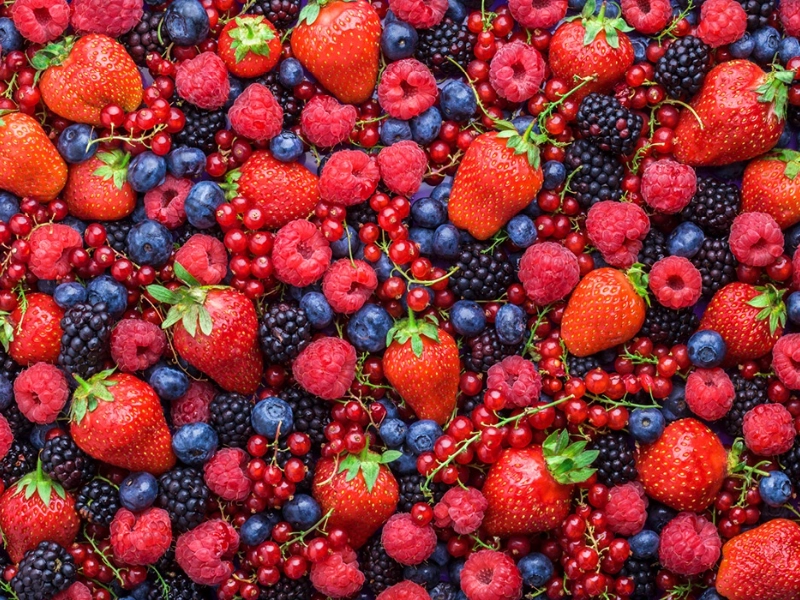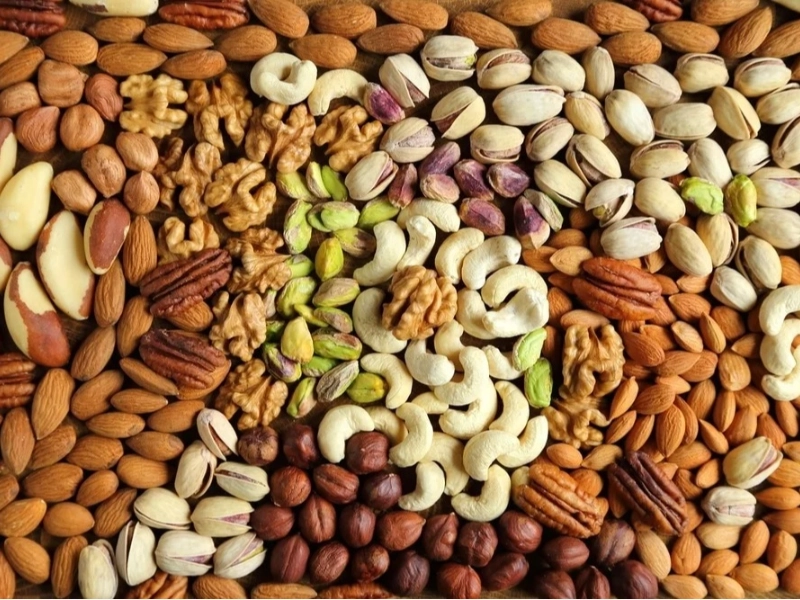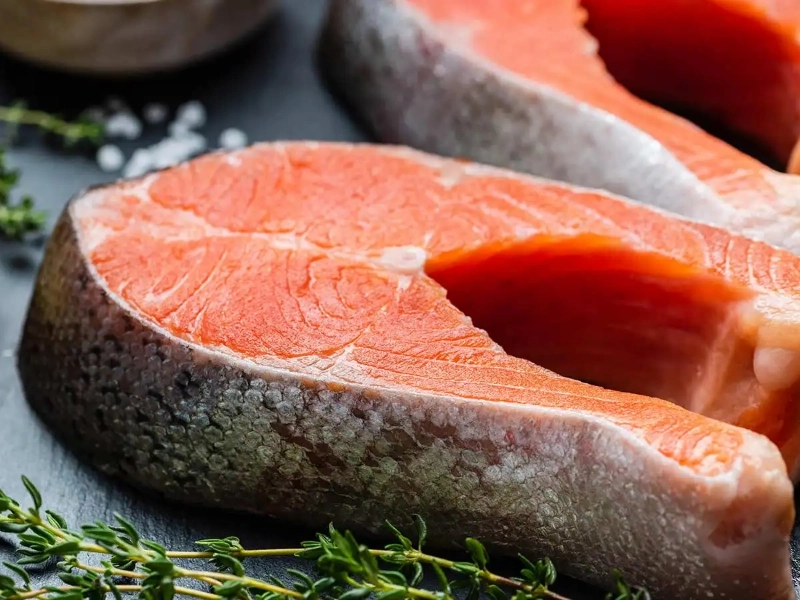One excellent approach to help preserve brain function as you become older is a good diet. To keep bright, try include these brain foods into your meals. Berries abound in antioxidants and other elements meant to support normal blood flow to the brain. Either toss them into a smoothie or sprinkle them over morning muesli. Choline found in eggs helps boost memory and learning. Either scramble them or toss them into an omelete heavy in vegetables.

Berries, such as blueberries, blackberries, and cranberries, are incredibly rich in antioxidants, which play a crucial role in maintaining the health of brain cells and potentially enhancing cognitive function. These small yet powerful fruits are also abundant in vitamins, minerals, and dietary fiber, making them a fantastic addition to any diet. Research has indicated that older adults experiencing memory issues who consume three servings of berries each week show significant improvements in cognitive test performance. This enhancement is linked to specific compounds in berries that alter neuronal signaling in the brain, helping to prevent inflammation and mitigate symptoms related to mental decline. One key component in berries, anthocyanins, has been shown to stimulate blood flow to the brain and increase oxygen levels. This boost in circulation can lead to improved concentration and memory, as supported by various studies. Incorporating berries into your diet can be simple; they can be enjoyed fresh, added to smoothies, or sprinkled on cereals and salads, providing both taste and health benefits.

Nuts are a powerhouse of nutrition, offering a rich combination of protein, healthy fats, and beneficial plant compounds that support brain health. They are particularly high in vitamin E, which is essential for protecting the integrity of brain cell membranes. Recent studies have found that individuals who regularly consume nuts score 16% higher on tests assessing verbal memory and mental flexibility compared to those who do not include nuts in their diets. Among the various types of nuts, almonds, pistachios, and macadamia nuts are excellent choices for brain health, but walnuts stand out due to their high levels of omega-3 fatty acids and polyphenols. These nutrients work together to reduce inflammation and oxidative stress in the brain, which are critical factors in maintaining cognitive function. The brain is an energy-intensive organ, consuming about 20% of the body’s total energy. To keep it functioning optimally, it’s important to fuel it with nutritious foods, manage stress effectively, and engage in mentally stimulating activities. Activities like puzzles, chess, or learning new languages can help sharpen your mind. You can easily find many of these brain-boosting foods at local farmers' markets or grocery stores.

When discussing foods that promote brain health, leafy greens are often regarded as a top choice. A study involving 960 participants in the Memory and Aging Project found that those who consumed approximately 1.3 cups of leafy vegetables daily exhibited better cognitive function as they aged. Dark leafy greens, such as spinach and kale, are packed with essential nutrients that contribute to maintaining sharp cognitive abilities. They are rich in folate, lutein, and phylloquinone, all of which have been linked to slower rates of cognitive decline. Additionally, herbs like rosemary and sage offer significant benefits for brain health. Rosemary contains an antioxidant known as carnosic acid, which protects the brain from neurodegeneration and enhances mental alertness. Sage, recognized for its natural antidepressant properties, can also help improve mood and cognitive performance. So, when your parents encouraged you to eat your greens, they were absolutely right! You can easily incorporate leafy greens into your meals by adding them to salads, soups, or pasta dishes. Using romaine or collard leaves as wraps for sandwiches can also provide a tasty and nutritious lunch option.

Fatty fish are essential for brain health due to their high content of omega-3 fatty acids, specifically DHA and EPA, along with protein. These nutrients are vital for maintaining the structural integrity of brain cells and enhancing neurotransmitter function, which is crucial for effective communication between neurons. The brain requires a substantial amount of energy to function properly, and certain nutrients are necessary to keep it operating efficiently. Fatty fish like salmon and tuna are excellent sources of omega-3s, which have been shown to support cognitive function and reduce the risk of cognitive decline. Berries, often considered a complementary food to fatty fish, are also rich in antioxidants, vitamins, and minerals, particularly vitamin C and potassium. Studies indicate that consuming berries may lower the risk of dementia and cognitive decline. Blueberries, in particular, are renowned for their brain health benefits. They are a powerful source of flavonoids that enhance blood flow and oxygen supply to the brain. Research has shown that individuals who consumed a smoothie made from blueberries, black currants, elderberries, and tomatoes performed better on short-term memory tests compared to those who drank a placebo. Incorporating more berries into your diet can be enjoyable and easy. Consider trying various recipes that feature berries, allowing you to benefit from their delicious taste and numerous health advantages.